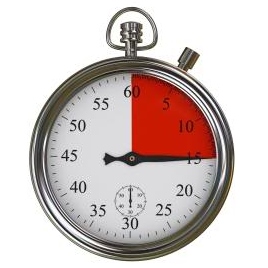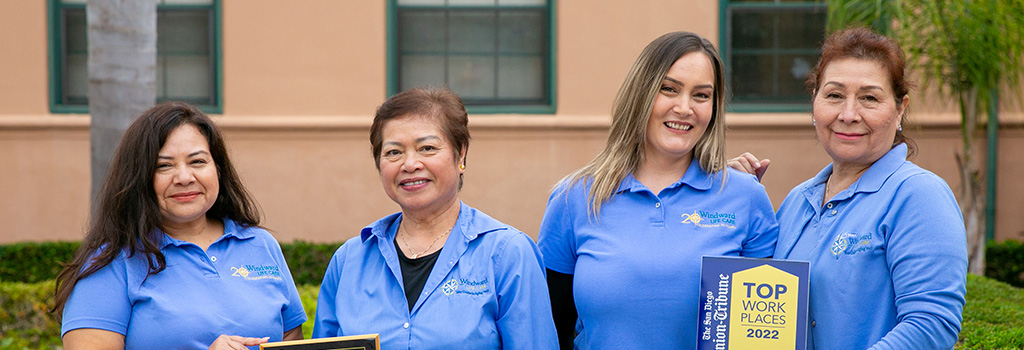Six Simple Tips for Your Next Doctor Visit
November 12, 2013 | Healthy lifestyles
You’ve typically got only about 15 minutes in a typical primary care visit – so make every minute count! To get the most of your limited time with your provider, consider bringing the following: 
1. A list of your medications. It’s difficult for patients managing several health issues to keep track of what they’re taking. “I think I stopped taking the pink tiny pill, but I’m still taking the white one and the blue one.” This leads to misinformation and confusion, and may cause serious medication-related problems. Keep a list of all of the medications and supplements that you are taking, who prescribed them, and for what. Keep this list on your computer to make updating the list easy, and consider seeking assistance if keeping track of your medications is becoming difficult. If you don’t have time before your appointment to make a list, then bring a bag with the actual bottles with the labels on them. Be honest with your doctor if you’ve stopped taking any of your medications, or are taking them differently than prescribed.
2. Changes to your medical record. If you’ve had tests since you last saw your doctor, bring the results with you if possible, to ensure that they are discussed during the visit. If you’ve seen another doctor since your last visit, bring whatever information you have.
3. A journal of your symptoms. If you have a chronic condition, or if you have a new symptom you’re concerned about, keep a journal documenting your symptoms. If you don’t have a journal, take a few minutes before your appointment to sit down and document your best recollection of recent symptoms. What have you done to treat symptoms at home? What provides relief? Bringing this information with you will remind you about important information, and allows your doctor to better understand what’s going on and how your symptoms affect your daily life.
4. A list of your questions, a notebook and a pen. Come prepared with a concise list of questions, starting with the most urgent. Patients who write down questions in advance are more likely to stay focused and get their questions answered. Your doctor may not have a writing implement, so bring your own. Write down things that don’t make sense, and ask for clarification. If there are words mentioned that you’ve never heard of, ask your doctor to spell them. At the end of the visit, a printed summary will usually be provided; ask for a verbal summary as well. Make sure you write down and understand your plan.
5. A family member, friend, or advocate. Bring someone with you for support and company during the appointment. They can help remind you of your key questions and concerns, and ensure that your doctor answers all of your questions. Patient advocacy in health care appointments is an important role of a professional care manager.
6. Some snacks. There are often limited food options in or near a doctor’s office, and if you are at an urgent care clinic or emergency department, you may be waiting for a long time. Unless you’re told not to eat (or are concerned that you should not eat), bring food and water to have on hand.
Deciding ahead of time what you most want to get out of the visit will help you organize your thoughts, and shapes how you and your provider with spend your time together.

